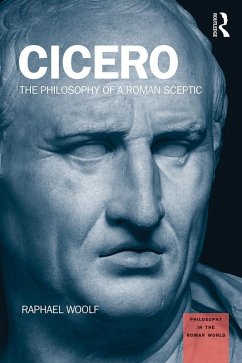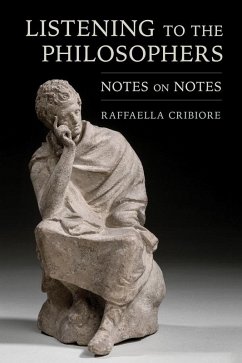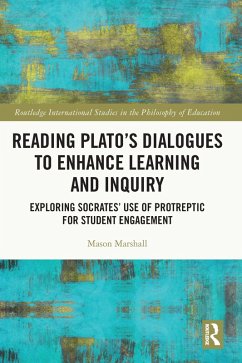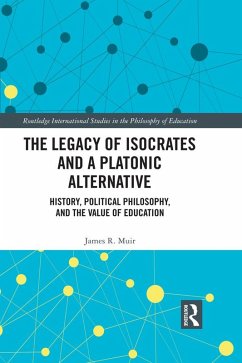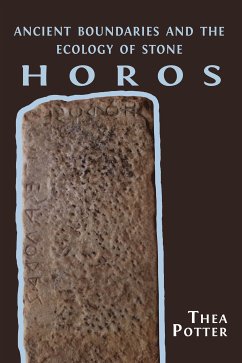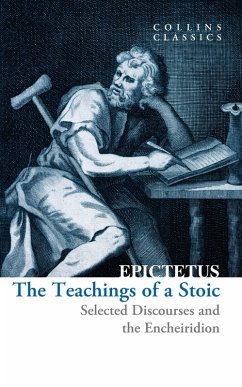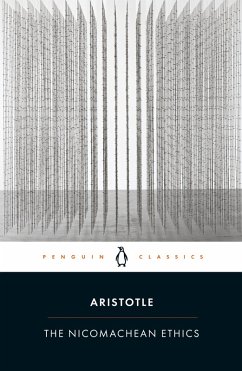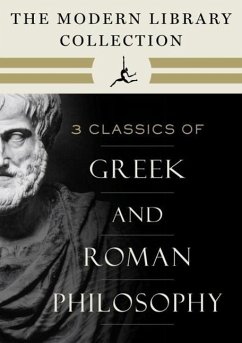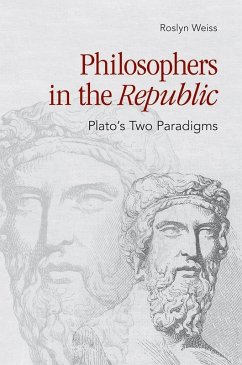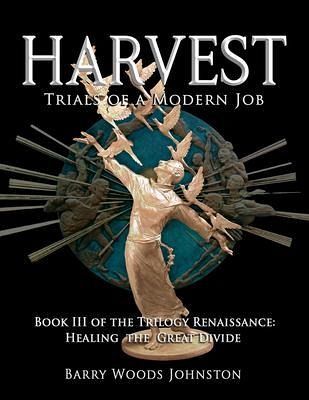
Harvest: Book III of the Trilogy Renaissance (eBook, ePUB)
Healing the Great Divide

PAYBACK Punkte
2 °P sammeln!
The Book of Job is relevant to this third trilogy book, Harvest, because dialogue, even if antagonistic, is part of the growth process and matures us out of our problems and into an awareness of broader concerns. The pitfall to writing an autobiography is retaining perspective. Too easily, the writer can slip into self-flattery and lose objectivity. Carl Yung chose the Book of Job to draw his patients out of their self-absorption into full maturity as responsible adults. For psychological healing to occur through therapeutics, Sigmund Fraud's dream analysis encouraged revelation but also self-...
The Book of Job is relevant to this third trilogy book, Harvest, because dialogue, even if antagonistic, is part of the growth process and matures us out of our problems and into an awareness of broader concerns. The pitfall to writing an autobiography is retaining perspective. Too easily, the writer can slip into self-flattery and lose objectivity. Carl Yung chose the Book of Job to draw his patients out of their self-absorption into full maturity as responsible adults. For psychological healing to occur through therapeutics, Sigmund Fraud's dream analysis encouraged revelation but also self-absorption. Fraud and Yung worked together. Their parting was over the relationship between a mother and son.
Fraud averred the maternal relationship centered around the incestuous Oedipus Complex. Yung said the connection is spiritual. First, of course, to achieve healing, we must dig deep into our past and identify issues that contribute to our psychological makeup. That is self-absorbing. However, complete emotional and psychological healing happens when we put our psychological issues behind us. We become well when we grow out of dwelling on our past and take responsibility for who we are in the present.
Fraud averred the maternal relationship centered around the incestuous Oedipus Complex. Yung said the connection is spiritual. First, of course, to achieve healing, we must dig deep into our past and identify issues that contribute to our psychological makeup. That is self-absorbing. However, complete emotional and psychological healing happens when we put our psychological issues behind us. We become well when we grow out of dwelling on our past and take responsibility for who we are in the present.
Dieser Download kann aus rechtlichen Gründen nur mit Rechnungsadresse in A, D ausgeliefert werden.




